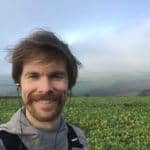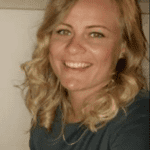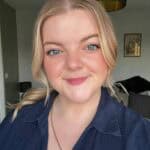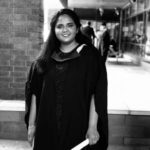Profile
Jessica Pimlott
-
About Me:
I am a renewable energy storage researcher in Manchester. I love spending time with my rescue pup, Alisha.
-
Read more
Hello, my name is Jessica, but you can call me Jess. My pronouns are she/her.
I live in a small town in Cheshire with my dog, Alisha. Yes, I know Alisha isn’t a dogs name!! I adopted her from a shelter in Bulgaria that cares for street dogs, and they had already decided that Alisha (Алиша in Bulgarian) would be a good name for her! They don’t know what breed she is, but I think she might be a Border Collie crossed with a German Shepherd.. or a bear (see the photo of her trying to climb a tree to say hello to a squirrel!!).
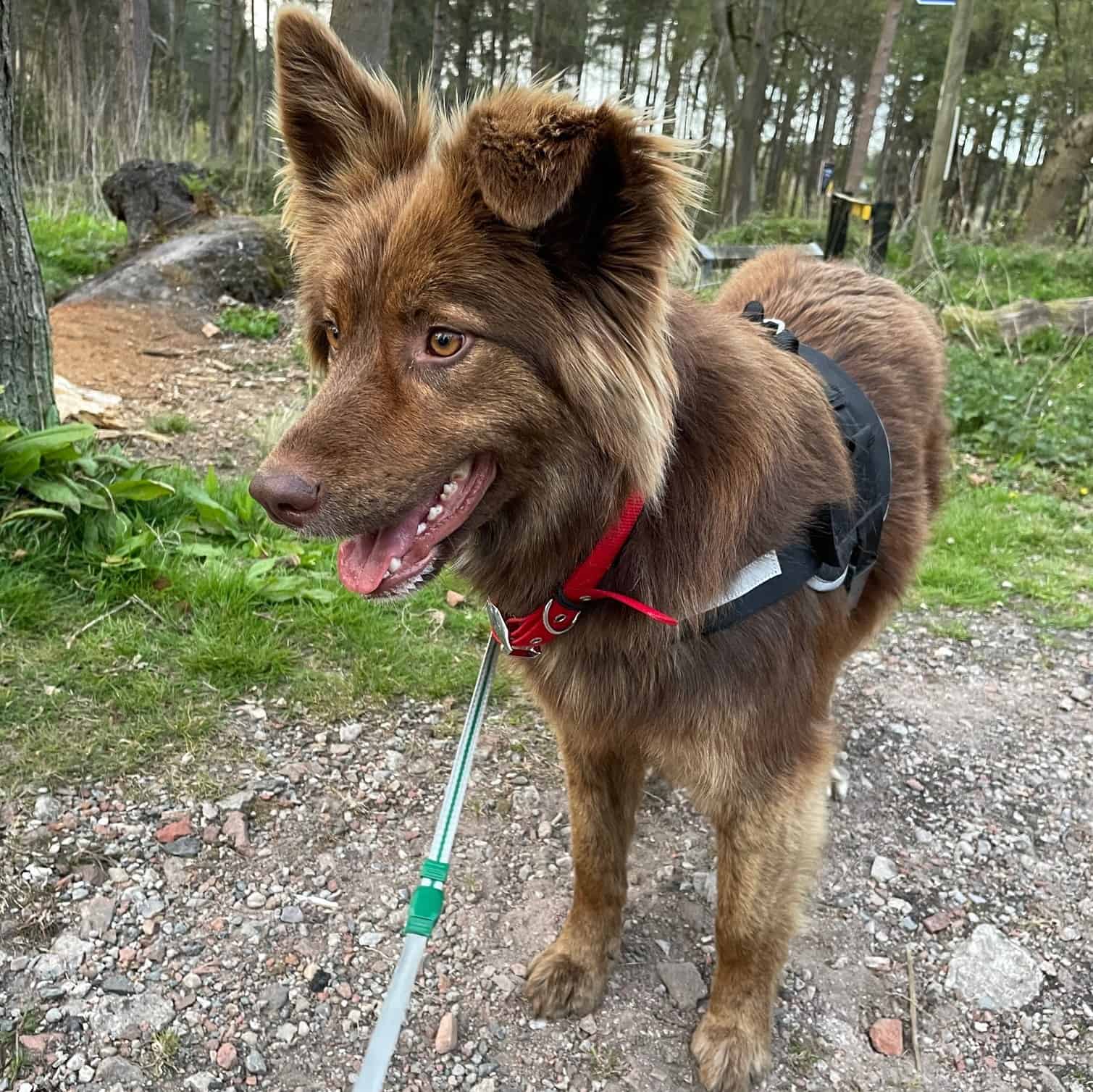
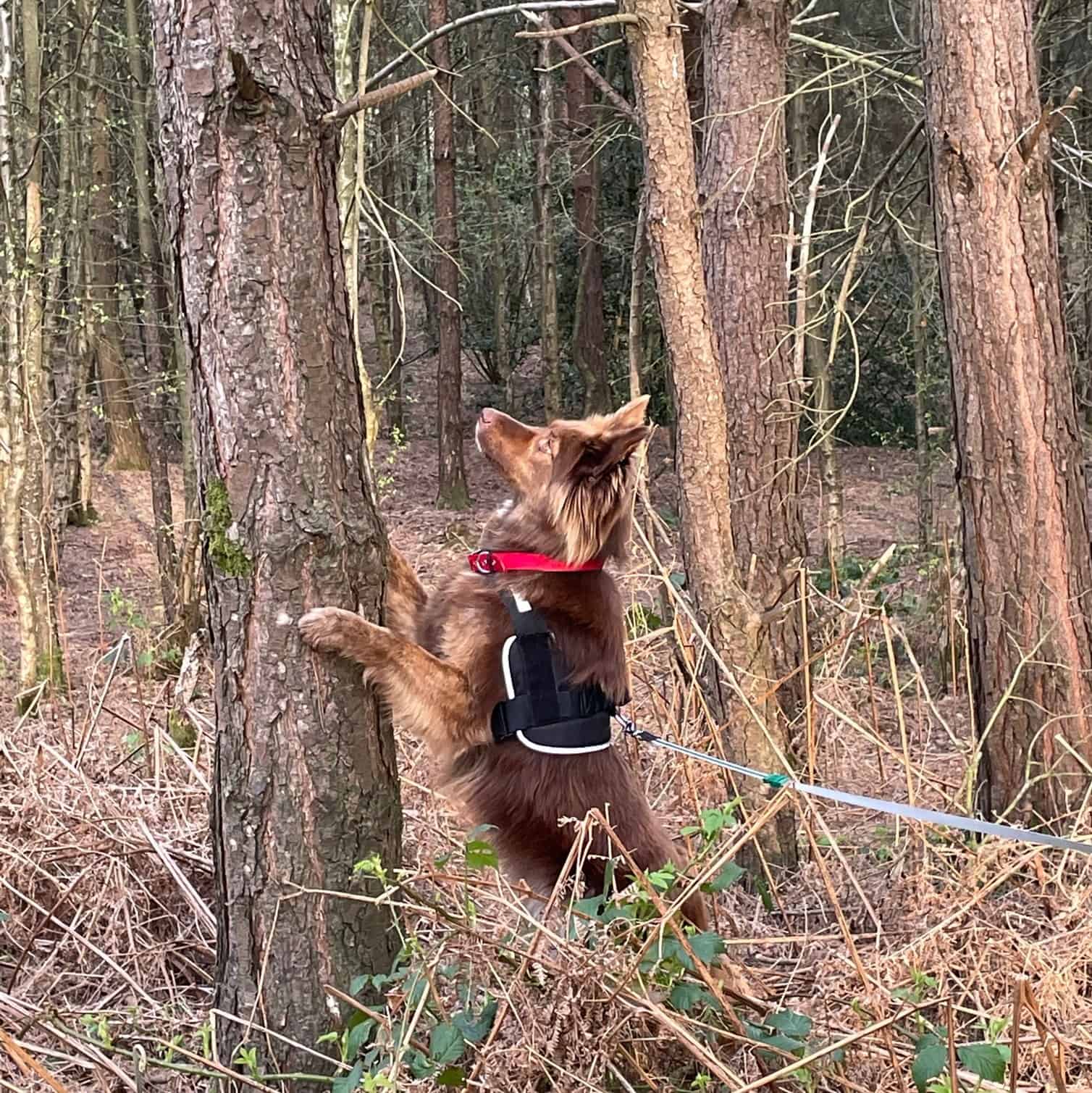
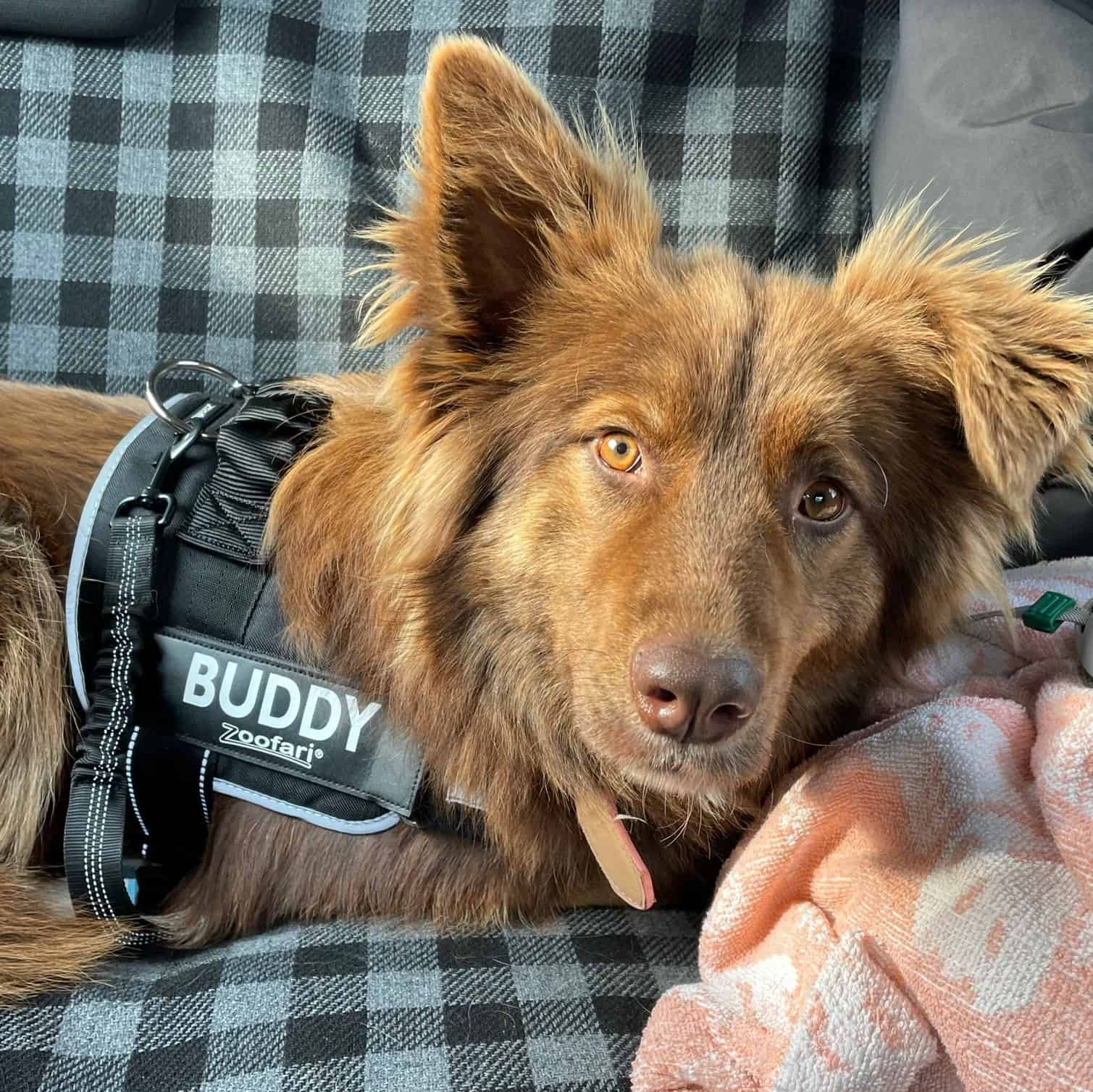
Here she is checking that I’ve included the cutest pictures of her. Do you have any pets?
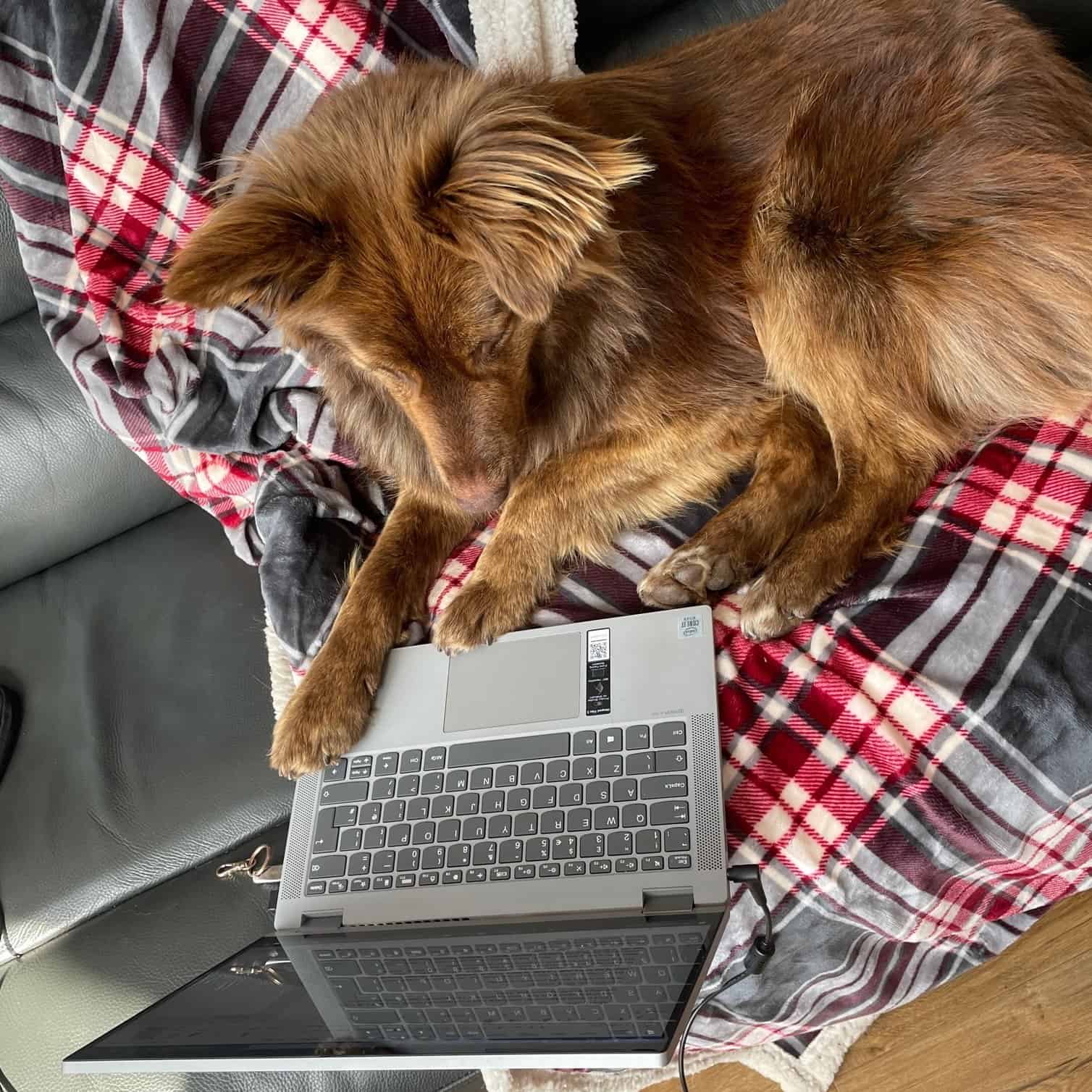
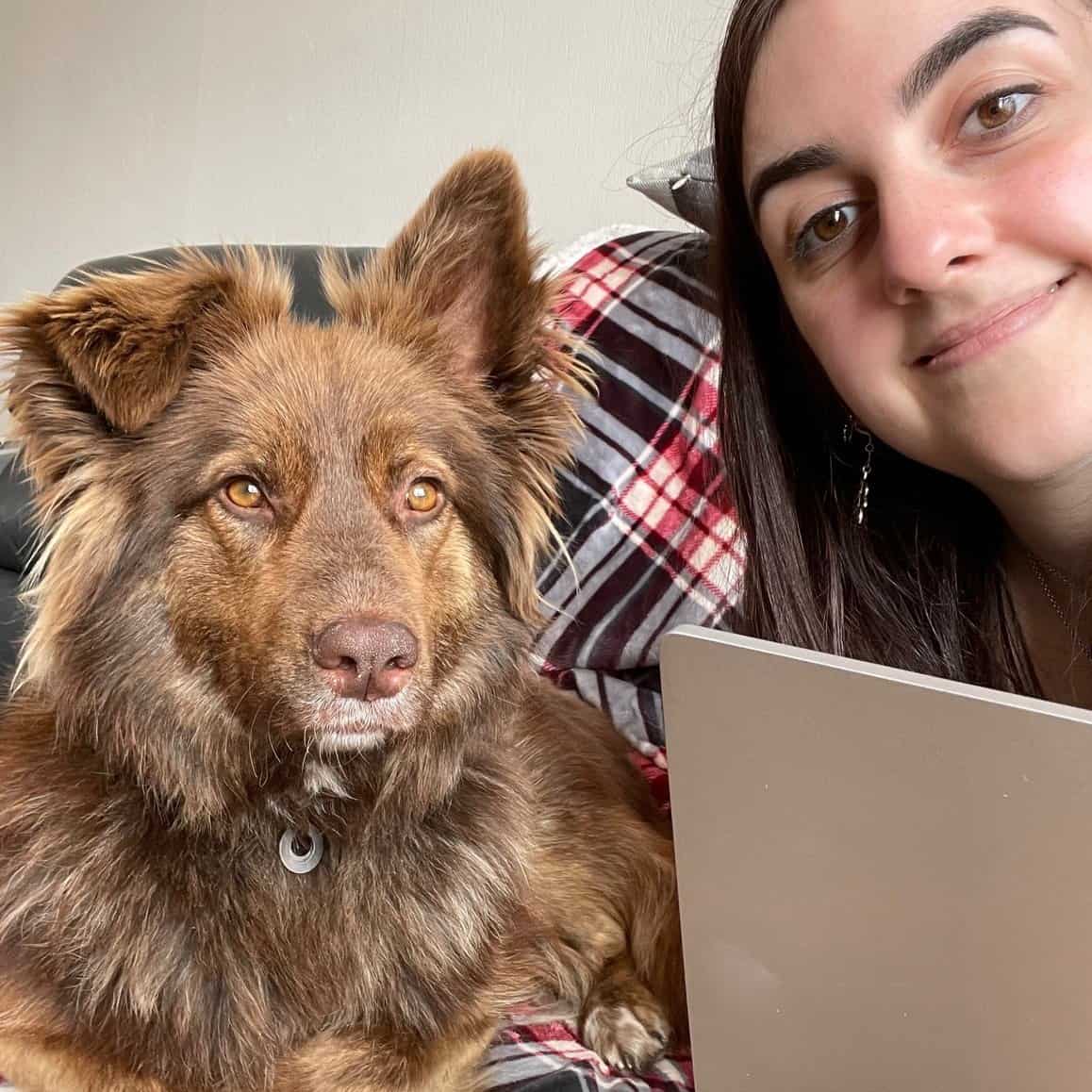
When Alisha is fed up with me, I like to climb mountains. Even if the weather is cold, which let’s be honest, it nearly always is here in England! I love nature and the outdoors so much that my house is full of plants. I love watching them grow and flower!
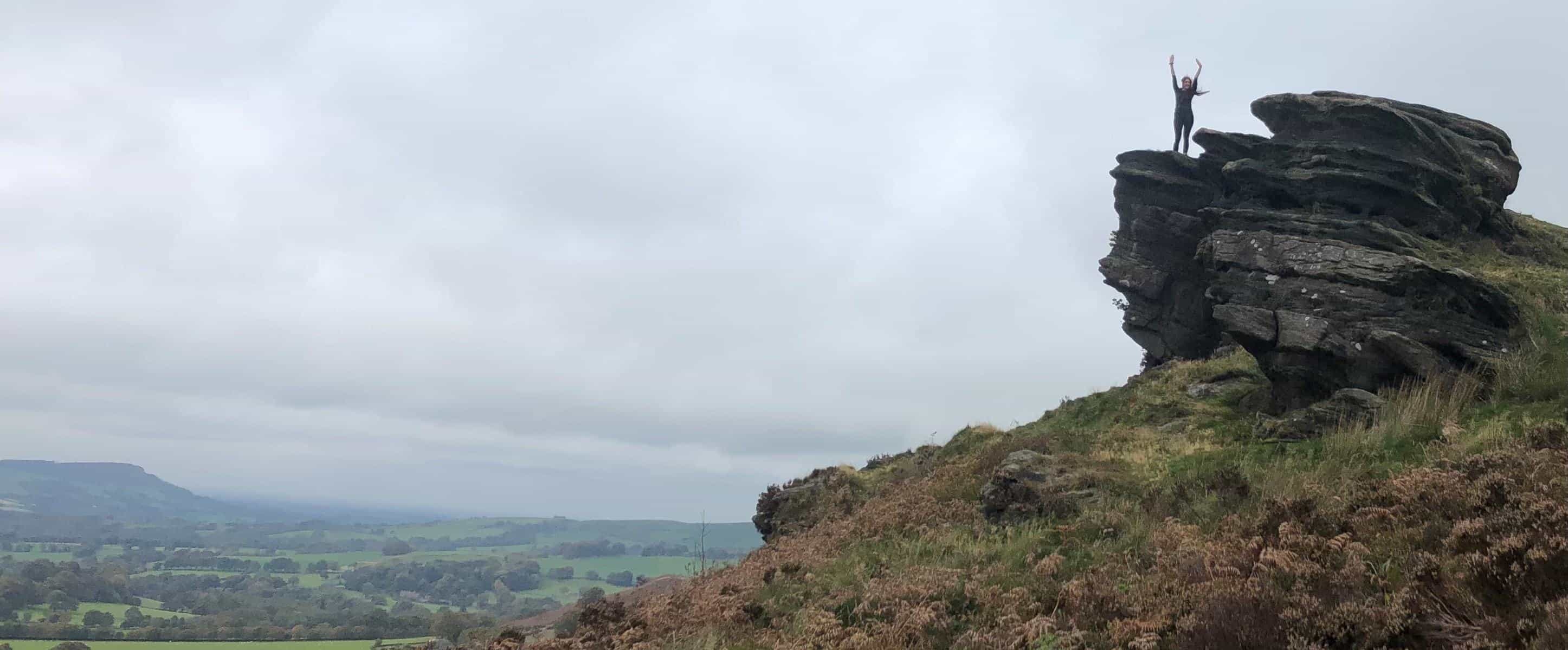
During the summer months, I love putting on my wellies and going to live music festivals. I have seen so many bands that I have lost count! Every year I go to a space-themed festival with a group of scientists. Can you see the giant Lovell telescope in the background of the photo? We host lots of fun science games for adults and children to teach about recycling, water and the periodic table. What is your favourite music?
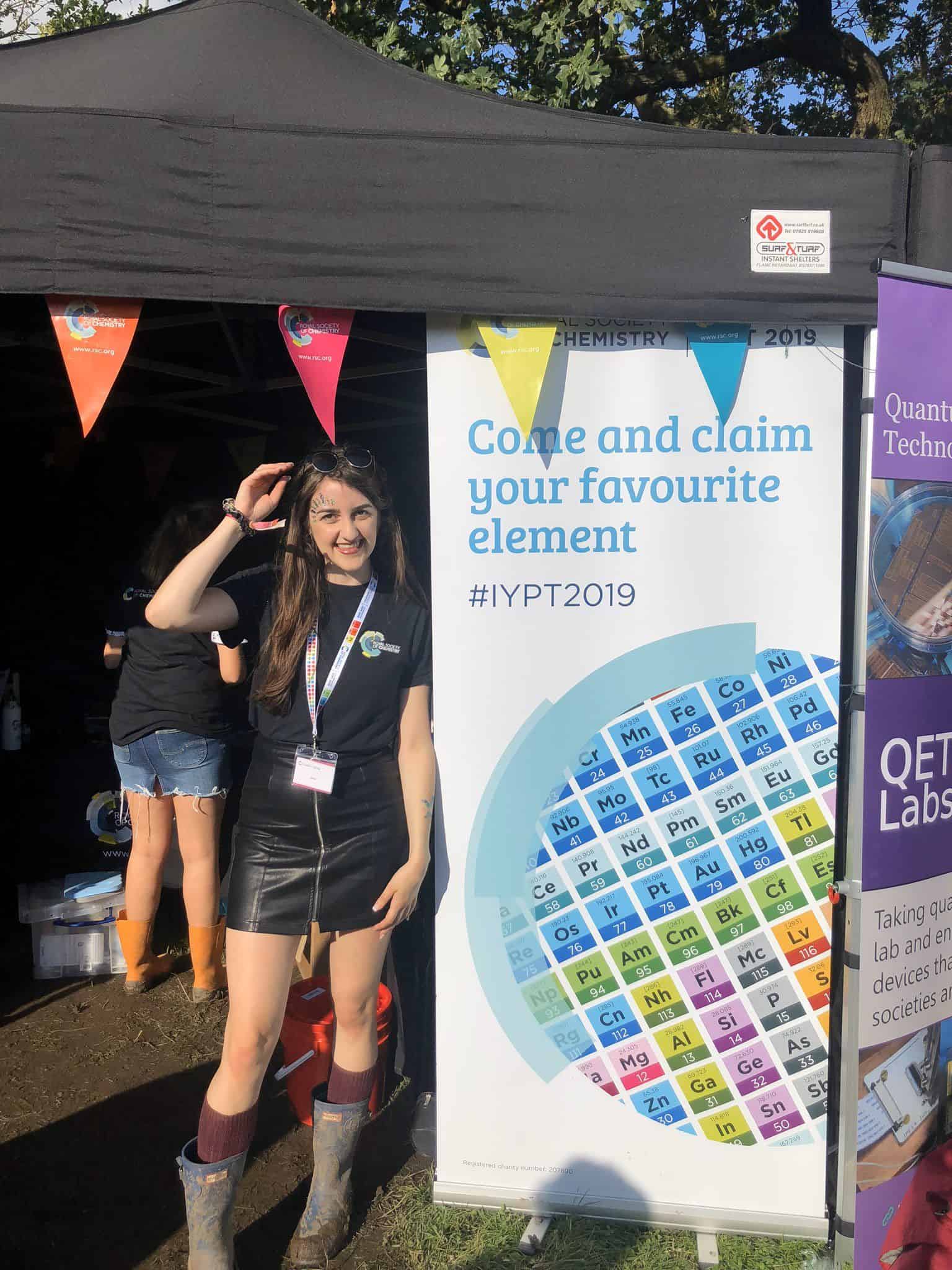
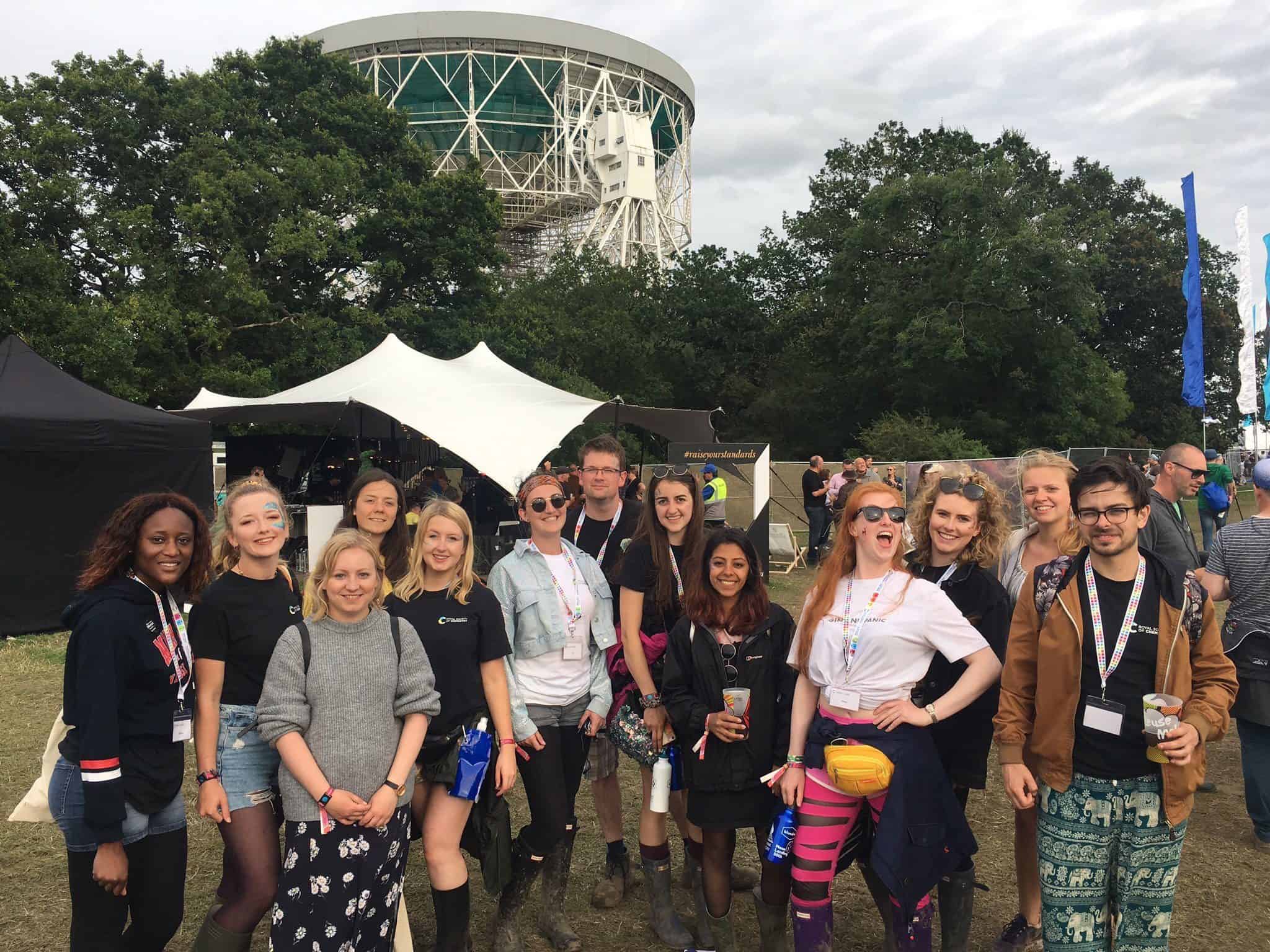
I am very passionate about recycling. I try my best not to use plastic, so I always have my reusable water bottle in my handbag. I also try to buy things that I need from small, local shops to support people who have started their own business.
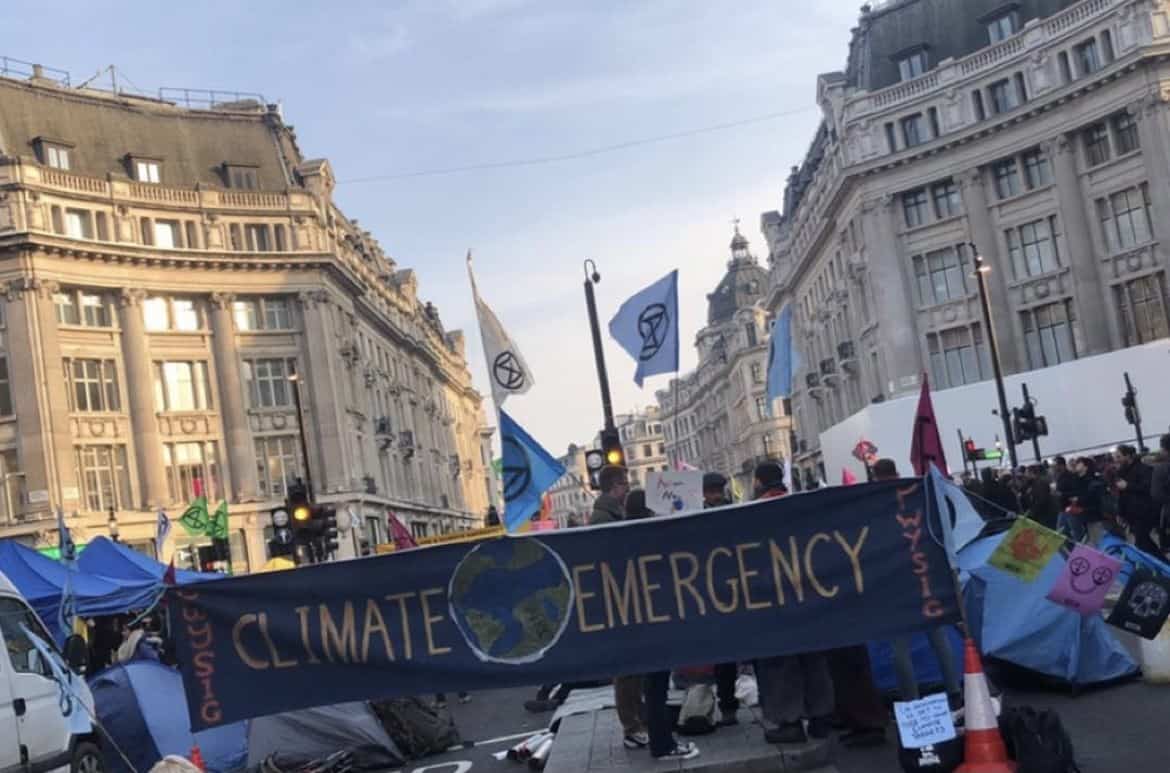
Because I love helping out, I do a lot of voluntary work. I have worked in a wildlife hospital caring for wild animals such as hedgehogs, foxes, and owls. Have you ever seen a baby squirrel like the one in the second photo? I also make scrunchies from recycled fabrics to sell to make money for charity.
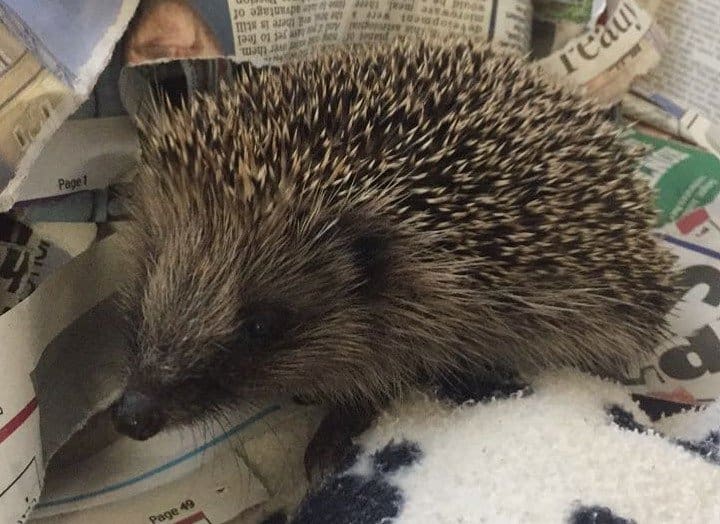
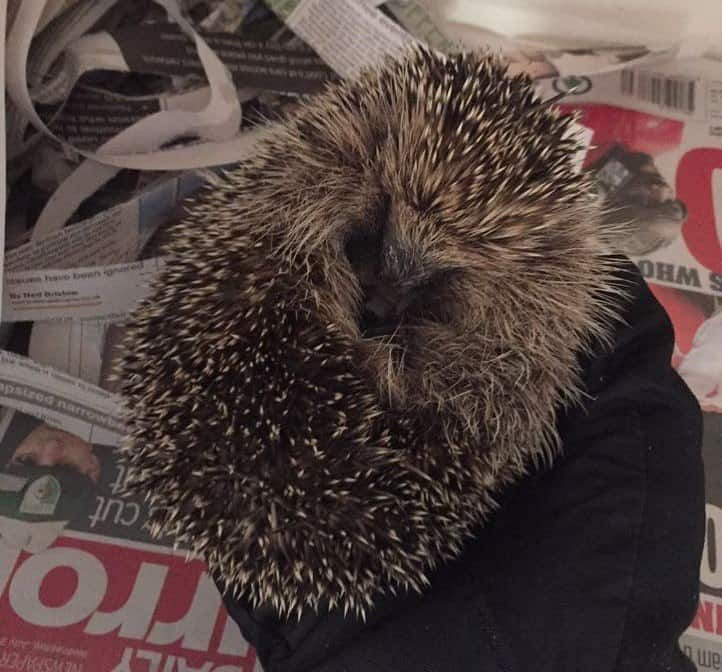
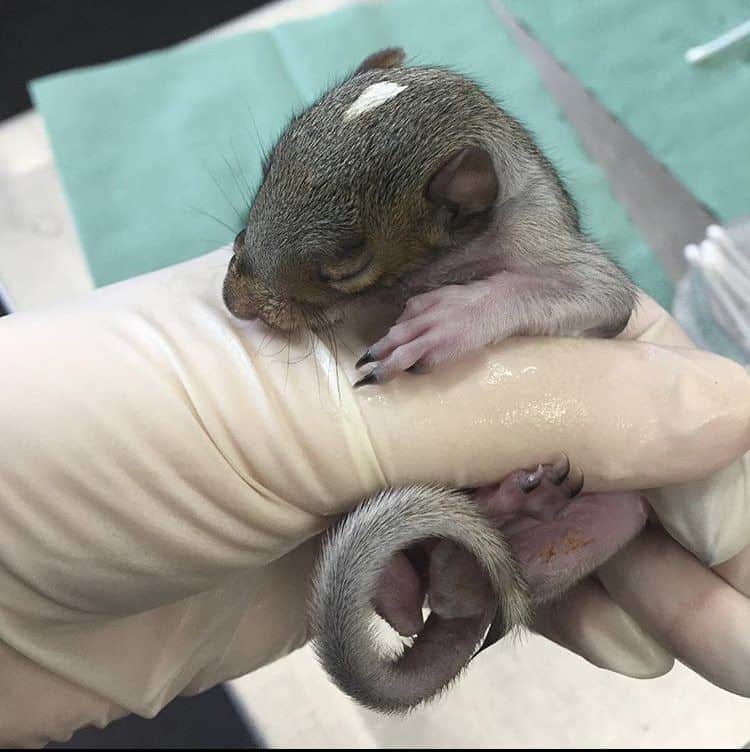
-
My Work:
I make big batteries to store electricity from renewable energies like wind and solar! This means we can use less fossil fuel.
-
Read more
Burning fossil fuels produces greenhouse gases that are harmful to planet Earth.
The main types of fossil fuels include:
- – Oil
- – Coal
- – Natural gas
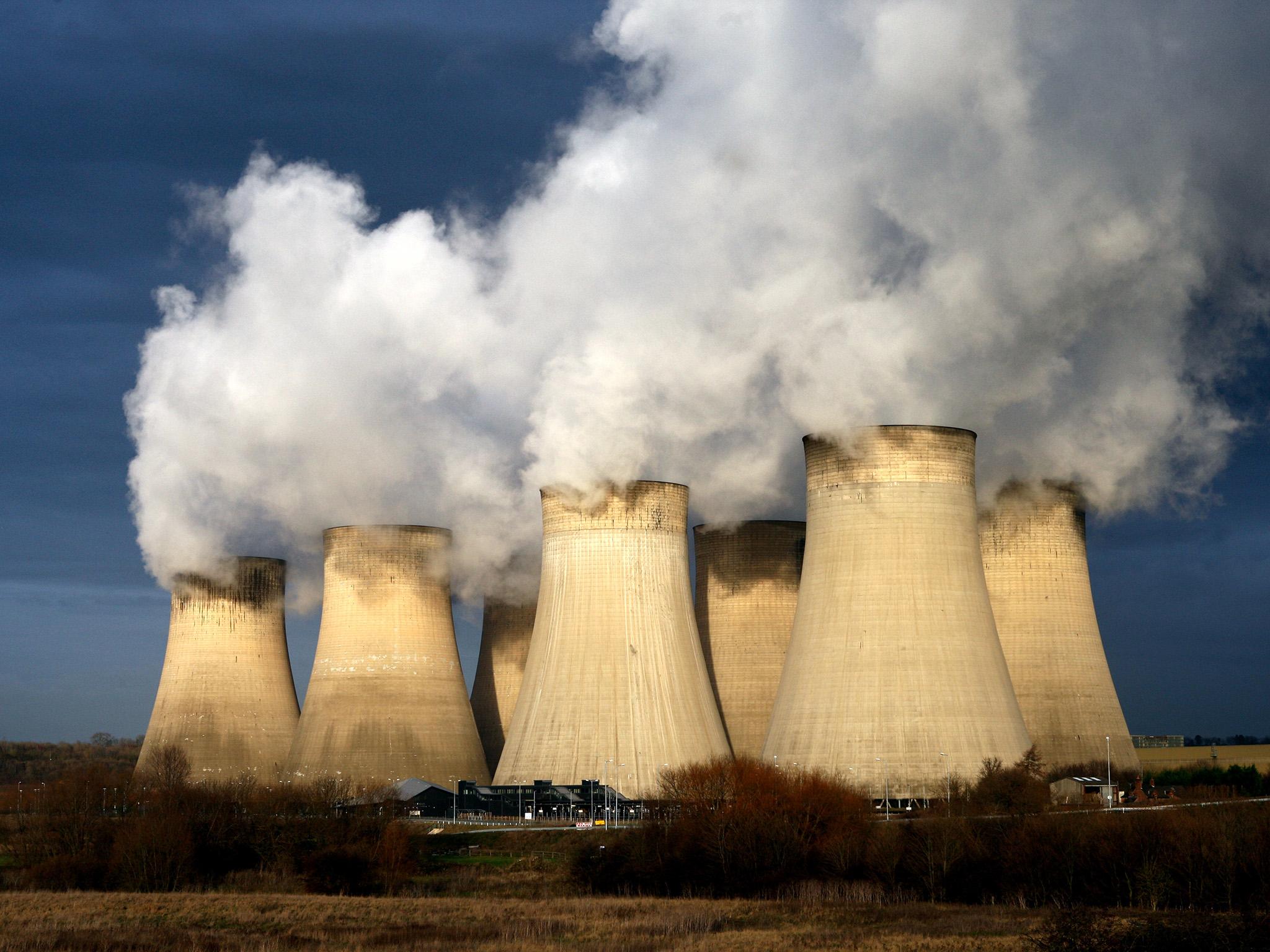
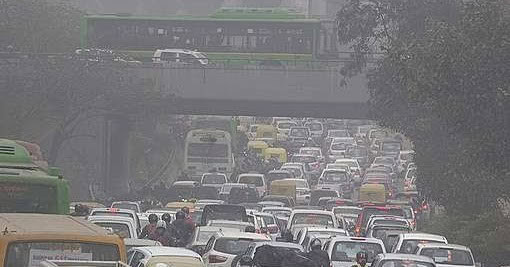
Fossil fuels are a finite resource; this means that when we have used all of the coal that Earth has, we cannot make any more. In 2015, 80% of the energy used by people worldwide was from fossil fuels such as coal, oil and natural gas. If we carry on like this, we could run out within the next 50 years!! So, what can we use instead?
Renewable energy uses Earth’s natural resources to produce electricity; this means they won’t run out. Renewable energies include:
- – Wind power from the giant wind turbines that you see in the sea or at the side of the road
- – Solar power from the sun
- – Tidal power from our oceans.
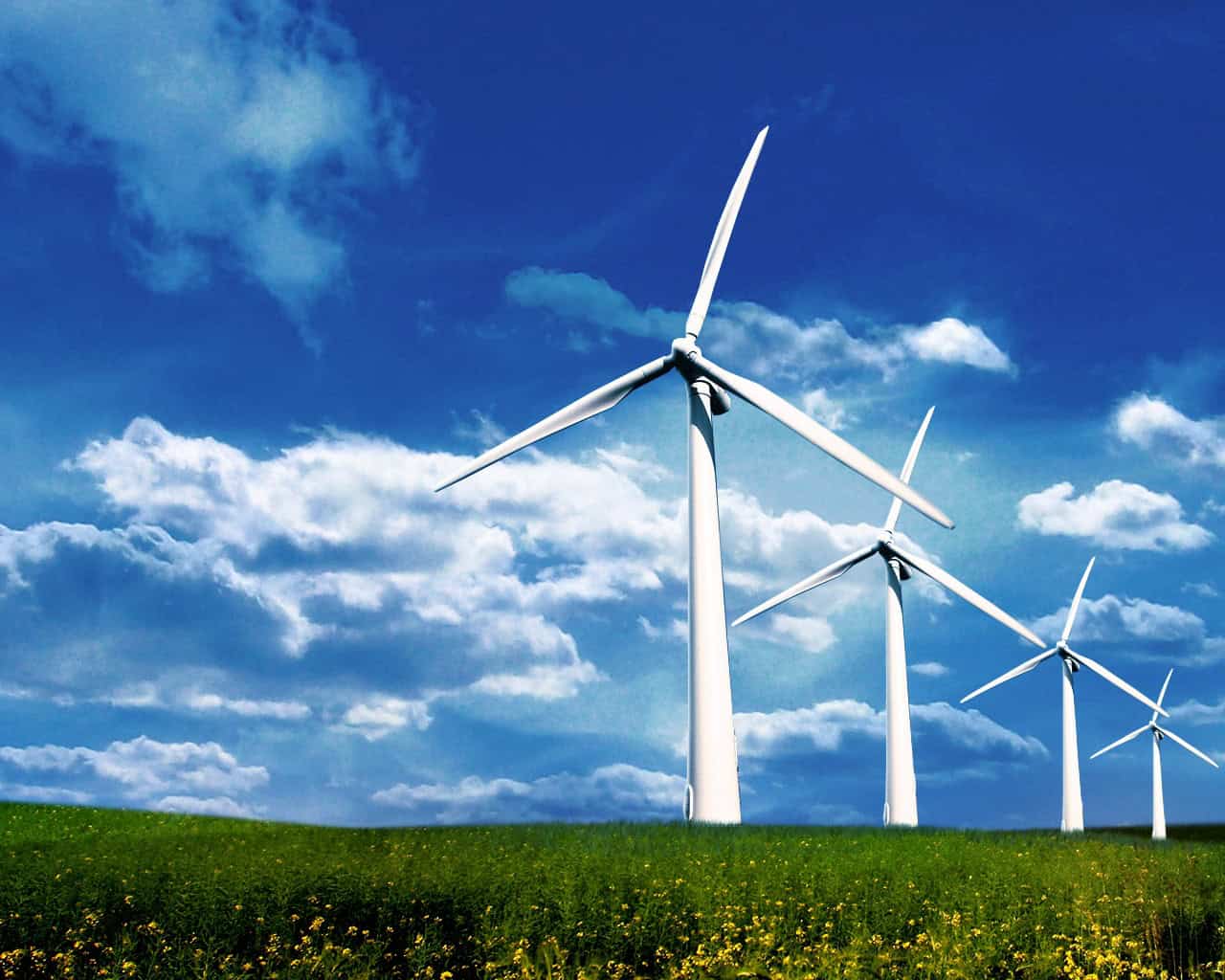

On really windy days we will produce a lot of electricity from wind power. Because we will have extra electricity on these days, we need a way to store this energy to use it later on a day when it isn’t windy, and we haven’t produced enough electricity.
We can store the extra energy in a big battery to be ready for when we need it on another day. If you want to know more about renewable energy and how we use them to power our homes, check out this link.
Batteries are everywhere. Your mobile phone, laptop, TV remote and many other devices rely on small batteries. But to store renewable energy we’d need a battery that is a lot larger! Think the size of large shipping containers inside a warehouse. To discover more about batteries and electricity click here. If you want to know about the chemical reactions that happen inside a battery, click here to watch a video.
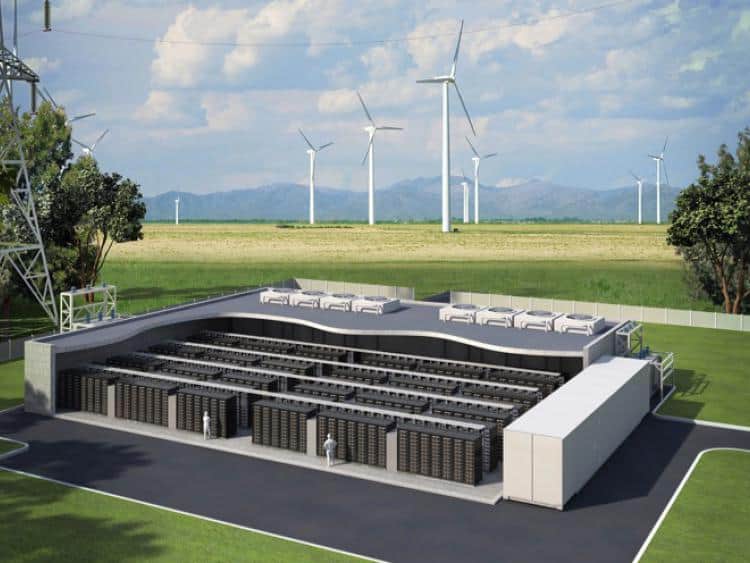
So why can’t we just make the batteries we already have bigger? Most batteries use a metal called lithium, which is also a finite resource. Lithium is found in the Earth’s crust as if found in just a few countries. This causes some countries to fight over lithium mining which is not good for the people that live there and is also bad for the environment.
So I am trying to find a different material that we can use inside our batteries!
I use lots of different chemicals and use a very big X-ray to look at the materials I have made. This doesn’t show bones like a hospital X-ray, but it does show me which atoms are in my material. It is called an X-ray Photoelectron Spectrometer.
The particles that make up my material are very very small, so I need a super-powerful microscope to check that the particles are the right size and shape. Here is a photo from the Scanning Electron Microscope

These particles are 1000 nanometres wide, which is 0.001 millimetres!! This is so small that you could line up 10,000 of these hexagon-shaped particles and the line would still be shorter than an ant!!!
If the material is correct, I can use it to make a coin battery (sometimes called a button battery). These are small circular batteries used in things like watches and calculators. This is to test my material. If it works well, I can make it into a big battery so that we can store renewable energy!
-
My Typical Day:
Every day I wake up super early, way before school opens and travel to Manchester. When I get to the laboratory where I work, I put on my lab coat and safety glasses ready to start my experiments. My lab is in a very tall building, so I have a lovely view across all of Manchester!
-
Read more
Every day I wake up super early, way before school opens and travel to Manchester. When I get to the laboratory where I work, I put on my lab coat and safety glasses ready to start my experiments. My lab is in a very tall building, so I have a lovely view across all of Manchester!
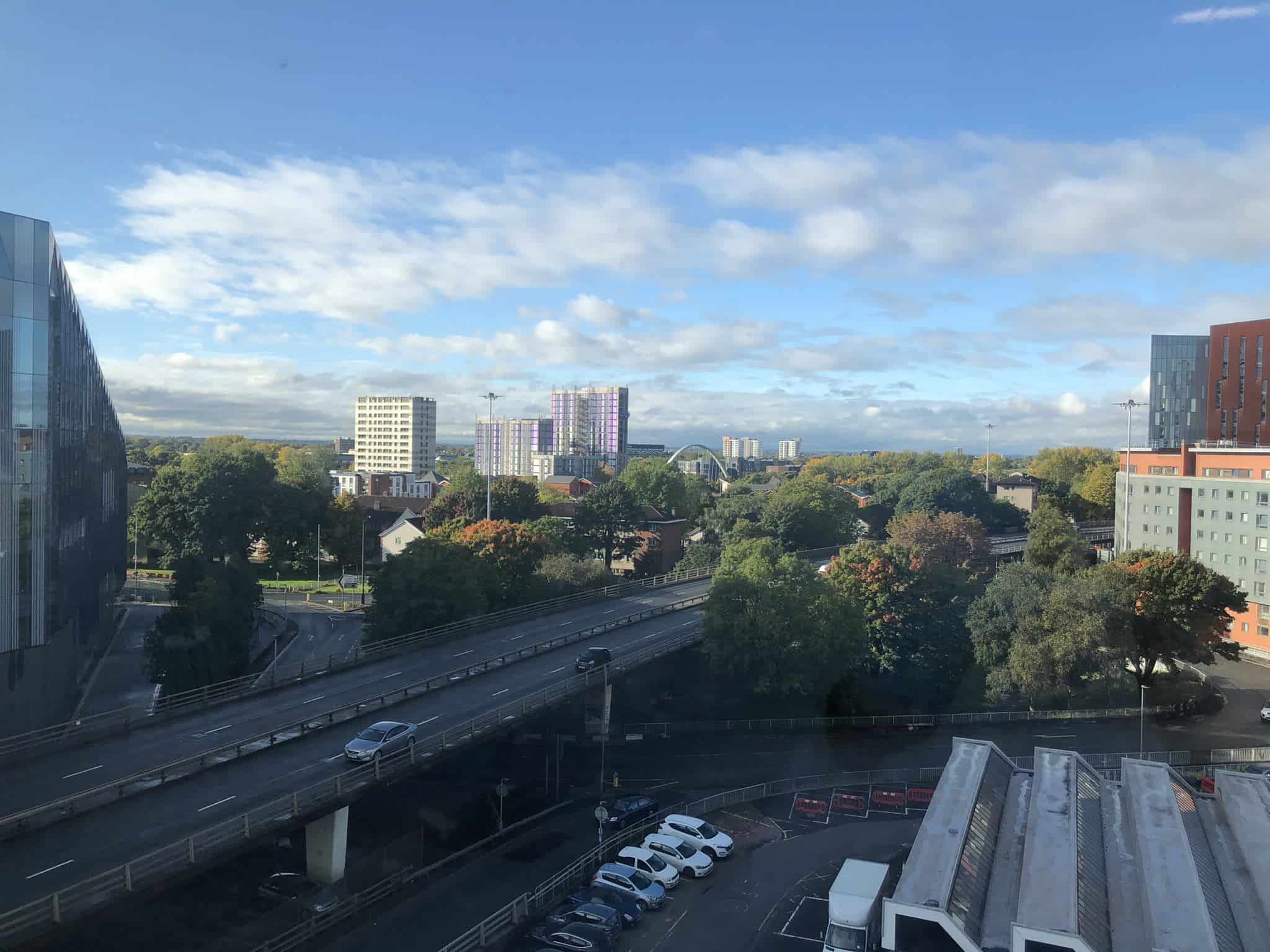
One advantage of being a researcher is that I can plan my own experiments. I have no set lessons and best of all, I set my own homework!
-
What I'd do with the prize money:
I would fund activity days and volunteering roles to help children, young people, and adults care for nature and animals. I think if we all learn about plants and animals, the world will be a better place!
-
Education:
Primary School: Victoria Road Primary School, Northwich, Cheshire.
High School: Rudheath Senior Academy,2007-2012.
Or Rudheath High School as it was called when I attended. We used to have dark green jumpers matched with yellow sports kits rather than the smart black blazers that they have now!College: Sir John Deane’s College, Northwich, Cheshire.
-
Qualifications:
High school: Rudheath Senior Academy
I have 11 GCSE’s in total; here are some of my favourites:
- Art & Design, A*. This helps me be creative when making posters or videos to tell people about my work.
- Mathematics, A. Your teacher is right, maths is everywhere! I use things that I learnt in GCSE maths every day, even after 10 years!
- English Language, A. Every time I do an experiment, I have to write about it to tell other scientists what happened. English language class taught me to write well so that the other scientists can understand me.
- Chemistry, biology and physics, BBB. Science classes taught me all about plants, the human body, gravity and of course, chemicals!
- Religious education, B. This is a very important class as when you grow up, you will meet lots of different people from other cultures, and it is good to know a bit about them.
When I did my GCSEs over 10 years ago, the grades were letters and not numbers. An A grade is equivalent to a 7 or 8.
TOP TIP: Even if you don’t know what job you want to do when you’re older, a good set of GCSEs mean you can choose whatever you want later on!
A-Levels: Sir John Deane’s College
I chose four A-levels; chemistry, biology, English language and mathematics. College is different to high school because you can choose your own topics, so you won’t have to do the lessons you don’t like anymore!!
My top tip is to make sure you choose topics that you enjoy as you are more likely to do well if you really like the class. Look out for work experience and volunteering roles too!
University: Manchester Metropolitan University
(Graduated 2019 with a first-class, MChem Chemistry masters degree)When I got my final results in college, they were not high enough to get into the university course that I chose. At first, I was sad that I had to choose somewhere different, but now I am so happy that I did! The different style of teaching allowed me to thrive and achieve the top grade for university qualifications.
Remember, even if you do not get your first choice, your second choice may turn out to be twice as good!
During my degree, I completed several extra projects and funded summer internships. People who hired me were more interested that I was passionate and excited about chemistry and had done extra things outside of school and college rather than my grades at college.
Read on to hear about my university qualifications:
I chose a foundation year course in chemistry that helped me relearn the things that I found tricky at college. These are a great option if your grades were lower than expected, or if you want to do a course that doesn’t match your college subjects.
After this, I chose a four-year chemistry degree. This means that I now have a masters degree in chemistry. (A 4-year MChem integrated masters in chemistry is one step higher than the BSc that you get from a 3-year degree).
If you’d like more details about what my modules and practical classes were like, please ask me a question.
As a university student, you will have to be more independent than you were at college. So set your alarm clocks to get to your lectures on time because they’ll be no one to babysit you! That being said, as universities are much larger than many colleges, there are extra staff and resources to help you to succeed with your studies.
They’ll always be someone on hand to help, whether this is with your classes, your mental health, financial support or if you just need a chat. It’s up to you to engage and take advantage of these resources though.
University is not as scary as it seems! If you managed the jump from high school to college, this jump will be easy in comparison.
I worked very hard at university and achieved the top grades because I really enjoyed working in chemistry. I was offered the chance to carry on with my research, and I am now halfway through a more advanced degree, called a PhD.
Manchester Metropolitan University
I am currently in my 2nd year of a 3-year doctoral degree in chemistryDuring my degree, I really enjoyed doing my own experiments and decided that I wanted to continue this. I was offered a scholarship to continue my research, which was funded by an external company. You can read more about what I get up to each day on the ‘My typical day’ section.
-
Work History:
Whilst I was studying, I got a job working part-time at Tesco on the tills. This is not linked to chemistry, but it shows employers that I can talk to people and complete set tasks. It also shows employers that I can be trusted to turn up on time, handle money and be polite to customers.
If you decide to go to university, the campus will usually offer a range of student-friendly jobs around campus. For example, I do 3-hours of teaching per week for some extra money and experience.
-
My Interview
-
How would you describe yourself in 3 words?
Clean energy enthusiast
What did you want to be after you left school?
I wanted to be a dentist. I'm glad I chose to be a scientist instead!
Were you ever in trouble at school?
Nope! I was the quiet one
Who is your favourite singer or band?
I love indie and rock music.
What's your favourite food?
I love Italian food! Pizza or pasta?
If you had 3 wishes for yourself what would they be? - be honest!
I would wish for all of my experiments to work well every single time!!
Tell us a joke.
What's the best type of owl to have in the kitchen? A tea towel.
-


